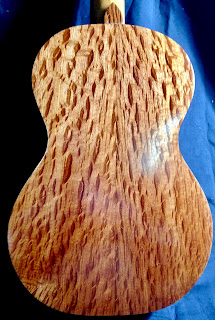Sapiens: A Brief History of Humankind by
Yuval Noah Harari
My rating:
4 of 5 stars
The story of our arrival as a species , the turning points that tripped us into the type of animal capable of imagining a future, the singular moments in that story and the possible culminations of it; these are not things that can be elaborated easily in a single book without leaving gaps or making controversial claims.
Every thoughtful person will struggle with at least some of Harari's conclusions, but he is careful to present a direct and balanced picture of the scholarship on each issue before putting his own view forward. His intention is to provoke a thoughtful response about issues that concern all of us and his thoughts on the directions for our species which now seem inevitable to him are chilling, but arguable.
I admire big picture academics, even more now after reading one of his conclusions- that the central issue that we need to address is not 'what do we want' as a future, but 'what do we want to want?', because there is no consensus on the role, path or limits of progress in this technological revolution that we find ourselves in.
Progress into ethically challenging areas- areas that may require us to redefine 'humanity'- is virtually unsupervised and globally more potent than at any of the critical points which brought us to our present. We are entitled to wonder- 'who is at the helm?'
View all my reviews
The blurb on Goodreads;
100,000 years ago, at least six human species inhabited the earth. Today there is just one. Us. Homo sapiens.
How did our species succeed in the battle for dominance? Why did our foraging ancestors come together to create cities and kingdoms? How did we come to believe in gods, nations and human rights; to trust money, books and laws; and to be enslaved by bureaucracy, timetables and consumerism? And what will our world be like in the millennia to come?
In Sapiens, Dr Yuval Noah Harari spans the whole of human history, from the very first humans to walk the earth to the radical – and sometimes devastating – breakthroughs of the Cognitive, Agricultural and Scientific Revolutions. Drawing on insights from biology, anthropology, paleontology and economics, he explores how the currents of history have shaped our human societies, the animals and plants around us, and even our personalities. Have we become happier as history has unfolded? Can we ever free our behaviour from the heritage of our ancestors? And what, if anything, can we do to influence the course of the centuries to come?
Bold, wide-ranging and provocative, Sapiens challenges everything we thought we knew about being human: our thoughts, our actions, our power ... and our future.








